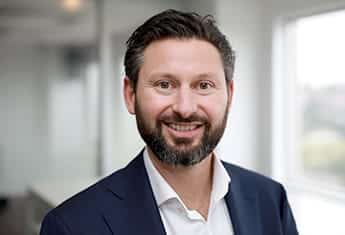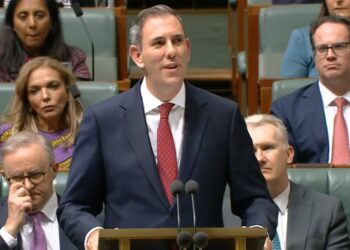According to Advice, evolved: A new era in Australian financial services, the latest white paper report from intelliflo, technology could see advisers get out from under the thumb of government regulators, putting the profession behind the wheel after years of upheaval.
“For decades, Australian advice businesses have been at the behest of changing regulations, resulting in a compliance-led operation model, which stifled innovation across the landscape,” the report said.
“While the coming transformation promises to be liberating it also places responsibility on the advisers to take control of how the future looks for the profession at large.”
In order to achieve this, intelliflo said the profession will need to work closely with technology providers and other key industry players to create a roadmap for the future of the profession.
Additionally, the report suggested that they will need to develop a standardised delivery model for advice, allowing them to scale more effectively and ultimately take back control.
“Previously, these challenges have been addressed by regulators and government, but in the future, it will be up to the profession to carve out its own path and move towards more of a self-regulation model,” the report said.
“AI-led technology enables this shift as it can pick up mistakes in client documentation and flag areas for further investigation from the adviser.”
The report added: “For some, it won’t be an easy transition, given the amount of change and their long-held ties to a regulation-driven system.”
Furthermore, the technology firm said the “adviser-led era” will benefit clients as advisers will be able to better prioritise human connection and explore new investment opportunities.
While the profession has reached a defining moment for its future, intelliflo chief executive and co-founder Nick Eatock suggested that advisers should be mindful of the future they create once the power is put in their hands.
“We need to set the agenda for how we think we should work and what’s good for the consumer. If we don’t do that, then we’ve ourselves to blame when we create a challenging environment,” Eatock said.
At the Financial Advice Association Australia (FAAA) congress in Brisbane in November, chair David Sharpe detailed the three pillars of the FAAA Strategy 2024–30, during which he reiterated that the ability to self-regulate is a “crucial goal” for the FAAA.
“We believe the first step is that by 2030, some level of co-regulation should exist,” Sharpe said at the time.
“We’ve been too beholden to those outside our profession to govern our fate and to determine our standards – we believe we are now ready and qualified to ultimately control our own education standards and training, code of ethics and disciplinary regime.
“This is a long-term process, but we are committed to moving towards what other professions already have. This shouldn’t be controversial.”




Technology may not guarantee it. Self-regulation may occur after the last non-professionally qualified adviser has long gone into retirement.
The last time I checked, my doctor, accountant and legal practitioner possessed professional qualifications. I don’t think I would seek their advice if they merely had 10 years’ experience and/or a diploma.